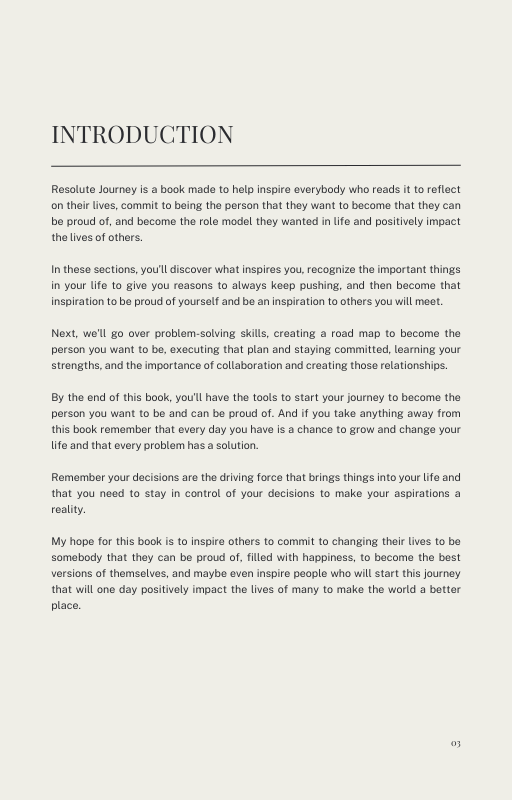Introduction
In today's competitive job market, setting and achieving career goals is crucial for personal and professional growth. Whether you're just starting your career or looking to advance in your current role, having a clear plan and taking deliberate steps toward your objectives can make all the difference. This blog post will provide you with valuable insights and tips to help you set and achieve your career goals for advancement while optimizing your journey for success.
Define Your Career Goals
The first step in achieving career advancement is to define your goals. Start by asking yourself some critical questions:
- What position or level do you want to achieve?
- What skills or qualifications do you need to get there?
- Are there specific industries or companies you want to work for?
- What is your desired timeline for achieving your career goals?
Clearly defining your career goals will provide a roadmap for your journey and help you stay focused.
Develop a Career Plan
Once you've identified your goals, create a detailed career plan. Your plan should outline the following:
- Short-term and long-term goals.
- Steps to achieve each goal, such as acquiring specific skills, certifications, or experience.
- A timeline for achieving each milestone.
- A strategy for measuring your progress and success.
Your career plan should be a flexible document that can adapt to changes in your circumstances or industry trends.
Invest in Skill Development
Advancing in your career often requires acquiring new skills or enhancing existing ones. Keep an eye on the qualifications and competencies that are valued in your industry and role. Consider the following strategies for skill development:
- Take courses, attend workshops, or pursue further education.
- Seek mentorship or coaching from professionals who have achieved what you aim for.
- Join professional organizations related to your field to network and access resources.
Network and Build Relationships
Networking is a critical element in career advancement. Building relationships within your industry can open up opportunities, provide guidance, and help you stay informed about industry trends. Here are some networking tips:
- Attend industry events, conferences, and seminars.
- Join online professional platforms like LinkedIn.
- Maintain relationships with colleagues, mentors, and superiors.
- Showcase Your Achievements
To advance in your career, it's essential to promote your achievements and contributions. You can do this through:
- Maintaining an up-to-date resume and LinkedIn profile.
- Sharing your successes with your superiors and colleagues.
-
Seeking opportunities to present your work at conferences or within your organization.
Seek Feedback and Self-Reflection
Regularly seeking feedback and engaging in self-reflection can help you identify areas for improvement and growth. Constructive feedback can come from peers, supervisors, or even self-assessment. Use this feedback to fine-tune your career plan and personal development.
Be Persistent and Resilient
Career advancement isn't always a linear journey. You may face setbacks, challenges, and rejections along the way. The key is to remain persistent and resilient. Use these obstacles as opportunities for growth and learning. Keep your long-term goals in mind and stay committed to your plan.
Conclusion
Setting and achieving career goals for advancement is a continuous process that requires dedication, planning, and adaptability. By defining your goals, creating a career plan, investing in skill development, building a strong network, showcasing your achievements, seeking feedback, and maintaining persistence and resilience, you can optimize your path to success. Stay committed to your career journey, and you'll be well on your way to achieving your professional dreams.




